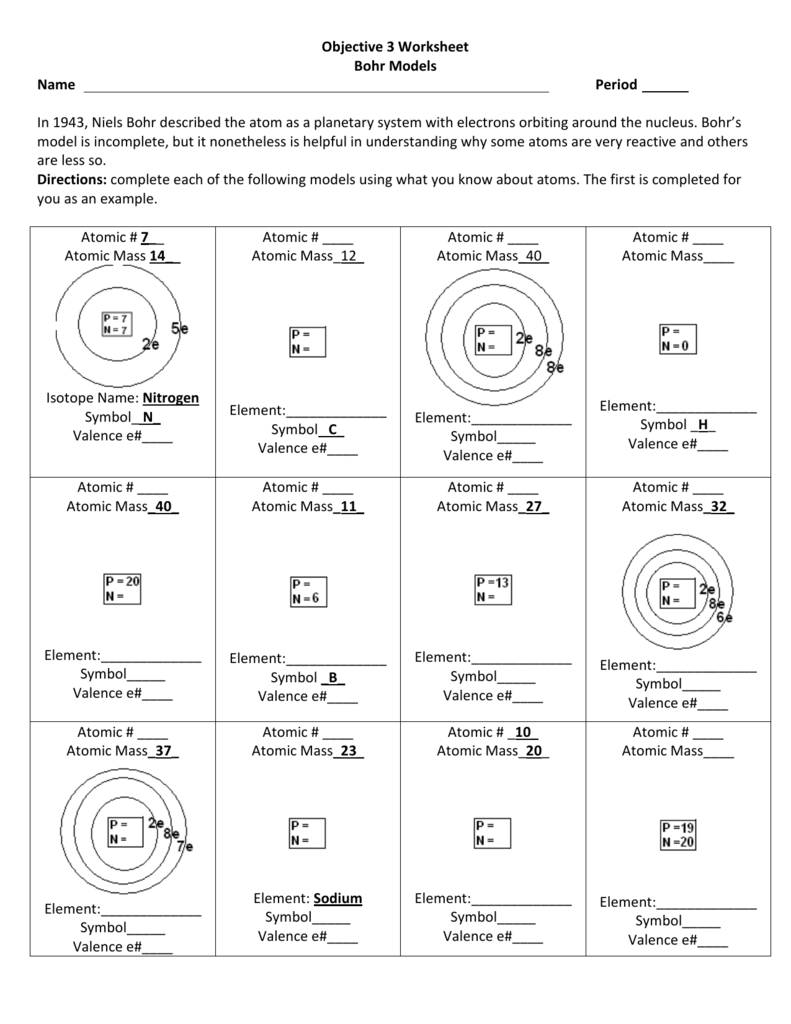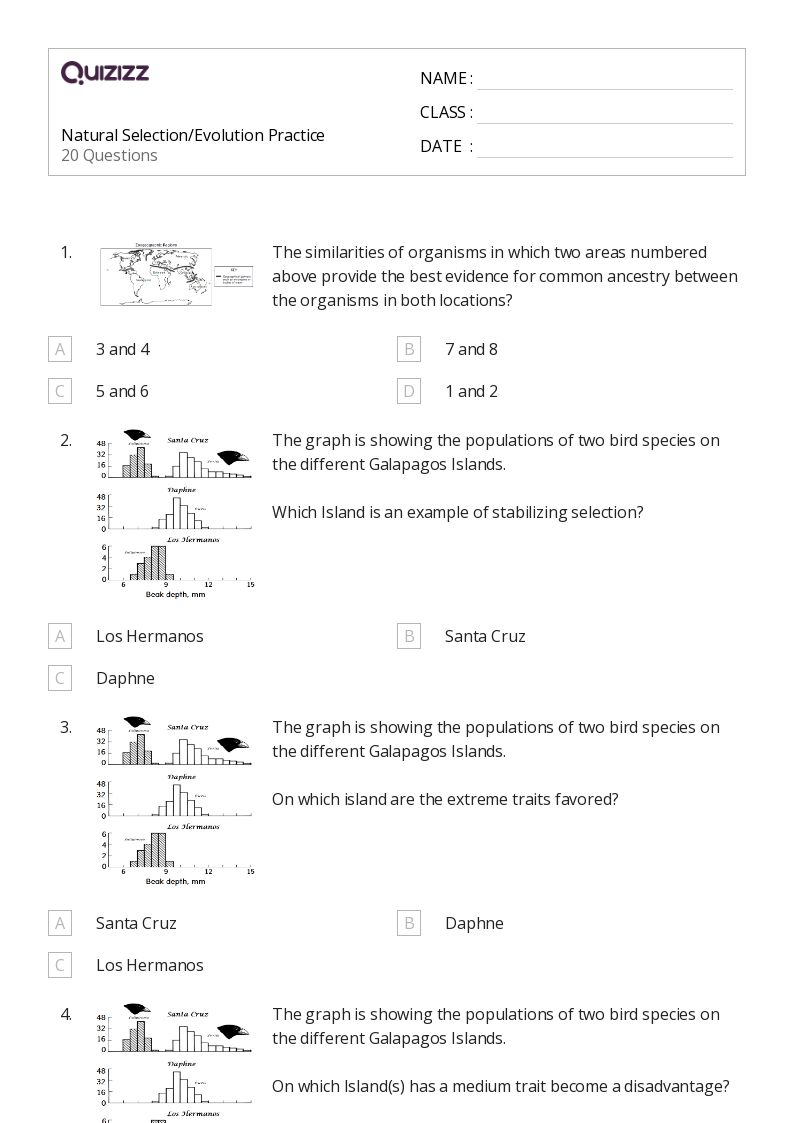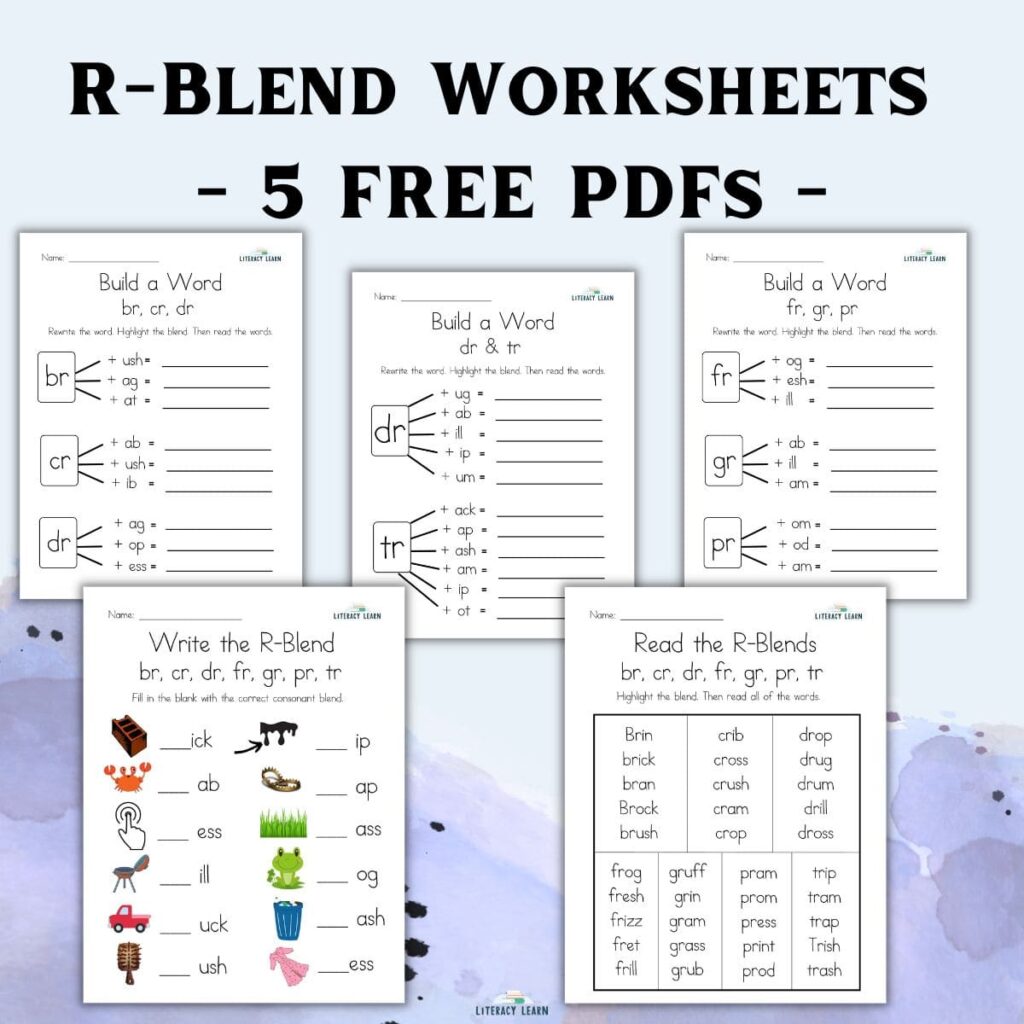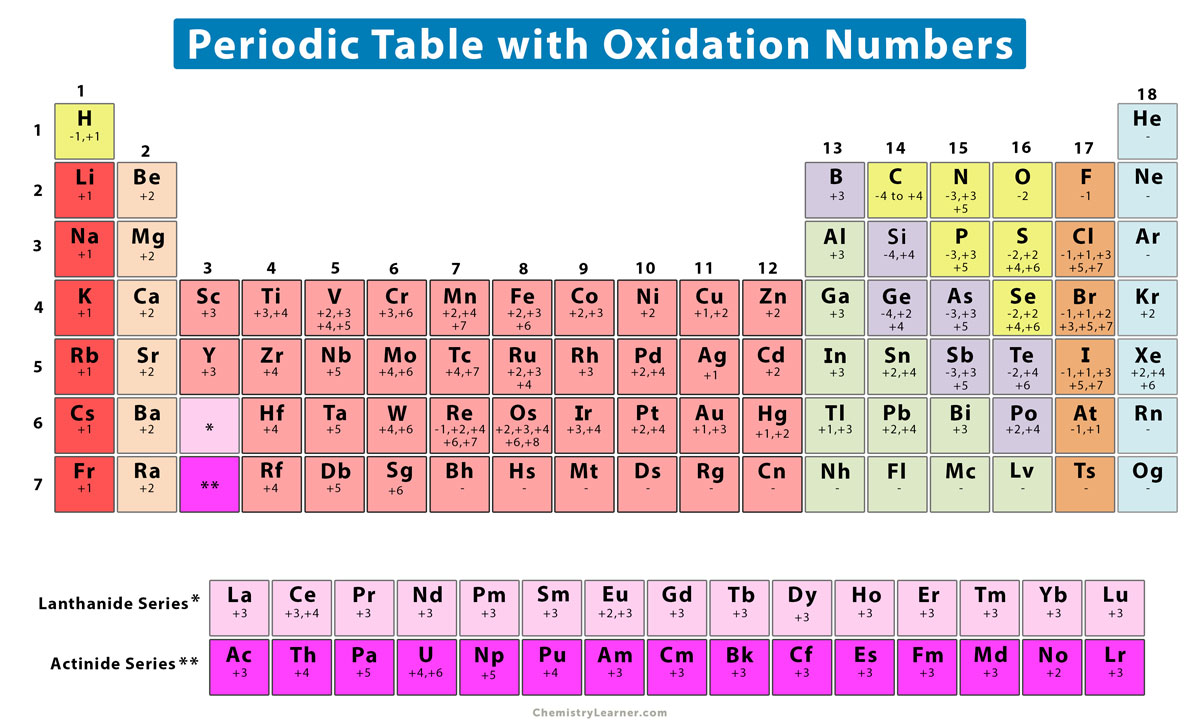Create Spelling Worksheets
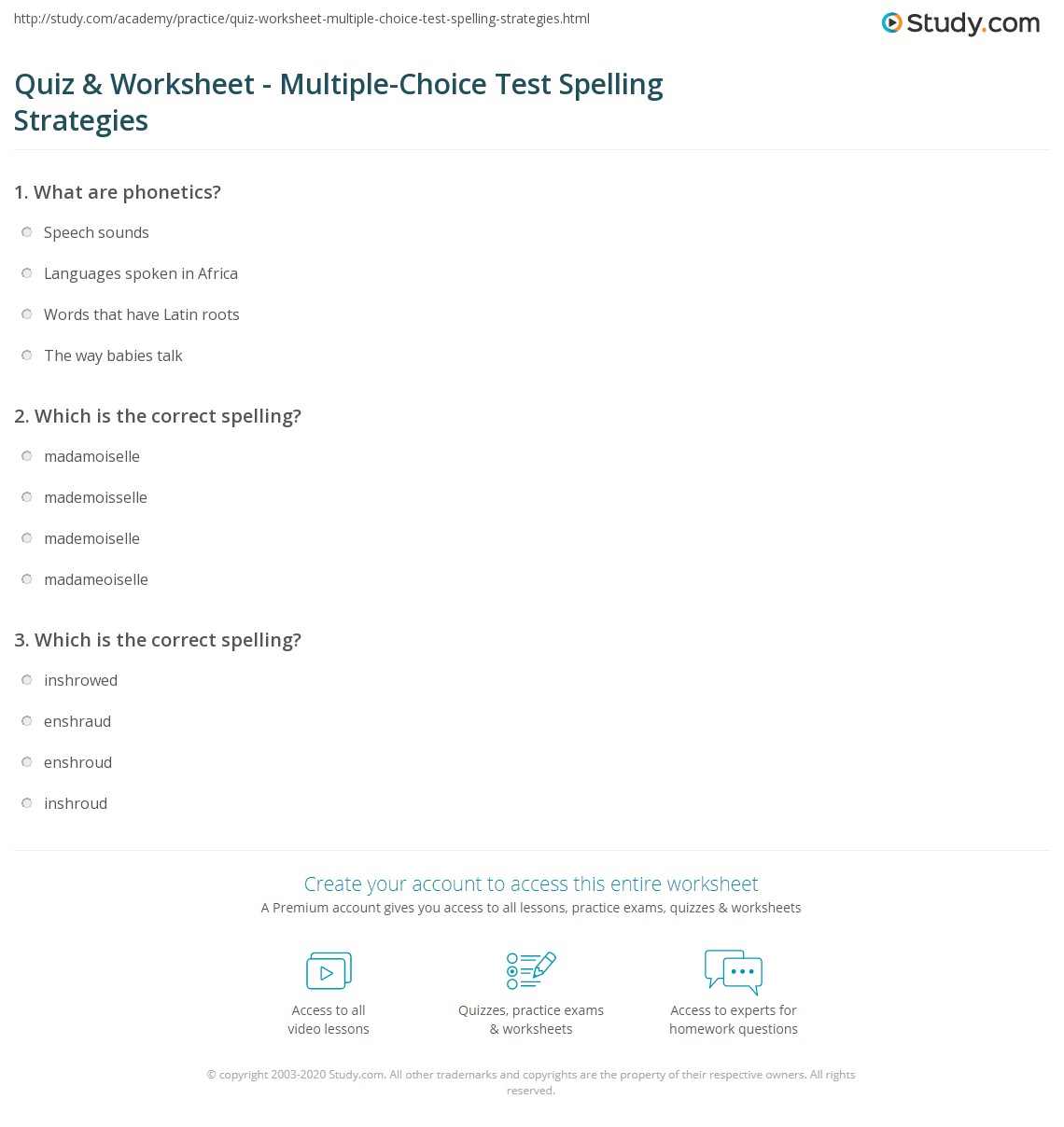
Create Engaging Spelling Worksheets for Your Students
Spelling worksheets are an essential tool for teachers and parents to help students improve their spelling skills. However, creating engaging and effective worksheets can be a challenge. In this article, we will provide you with a step-by-step guide on how to create spelling worksheets that will make learning fun and interactive for your students.
Step 1: Identify the Spelling List
The first step in creating a spelling worksheet is to identify the words that you want your students to practice. You can use a variety of sources to create your spelling list, such as:
- Grade-level spelling lists: Use pre-made lists that are specifically designed for your students’ grade level.
- Thematic lists: Create lists that are centered around a specific theme, such as animals, countries, or food.
- Word families: Use lists that focus on specific word families, such as -at, -an, or -in.
Step 2: Choose a Worksheet Format
There are several formats you can use to create a spelling worksheet. Here are a few ideas:
- Traditional worksheet: Create a worksheet with a list of words and space for students to write each word.
- Word search: Create a word search puzzle that includes the spelling words.
- Crossword puzzle: Create a crossword puzzle that includes the spelling words.
- Word scramble: Create a word scramble puzzle that includes the spelling words.
Step 3: Add Fun and Interactive Elements
To make your spelling worksheet more engaging, consider adding fun and interactive elements, such as:
- Images: Add images that correspond to each word on the list.
- Games: Incorporate games, such as bingo or word building, into the worksheet.
- Puzzles: Add puzzles, such as word searches or crosswords, to the worksheet.
- Reward stickers: Add reward stickers for students who complete the worksheet correctly.
Step 4: Include Various Activities
To keep students engaged, include a variety of activities in your spelling worksheet, such as:
- Write the word: Have students write each word on the list.
- Use the word in a sentence: Have students use each word in a sentence.
- Draw a picture: Have students draw a picture that corresponds to each word.
- Word sort: Have students sort words into categories, such as nouns or verbs.
Step 5: Make it Challenging but Not Frustrating
Make sure your spelling worksheet is challenging but not frustrating for your students. Here are a few tips:
- Start with simple words: Begin with simple words and gradually increase the difficulty level.
- Use visual aids: Use visual aids, such as images or diagrams, to help students understand the words.
- Provide feedback: Provide feedback to students on their progress and offer suggestions for improvement.
Example of a Spelling Worksheet
Here is an example of a spelling worksheet that includes a variety of activities:
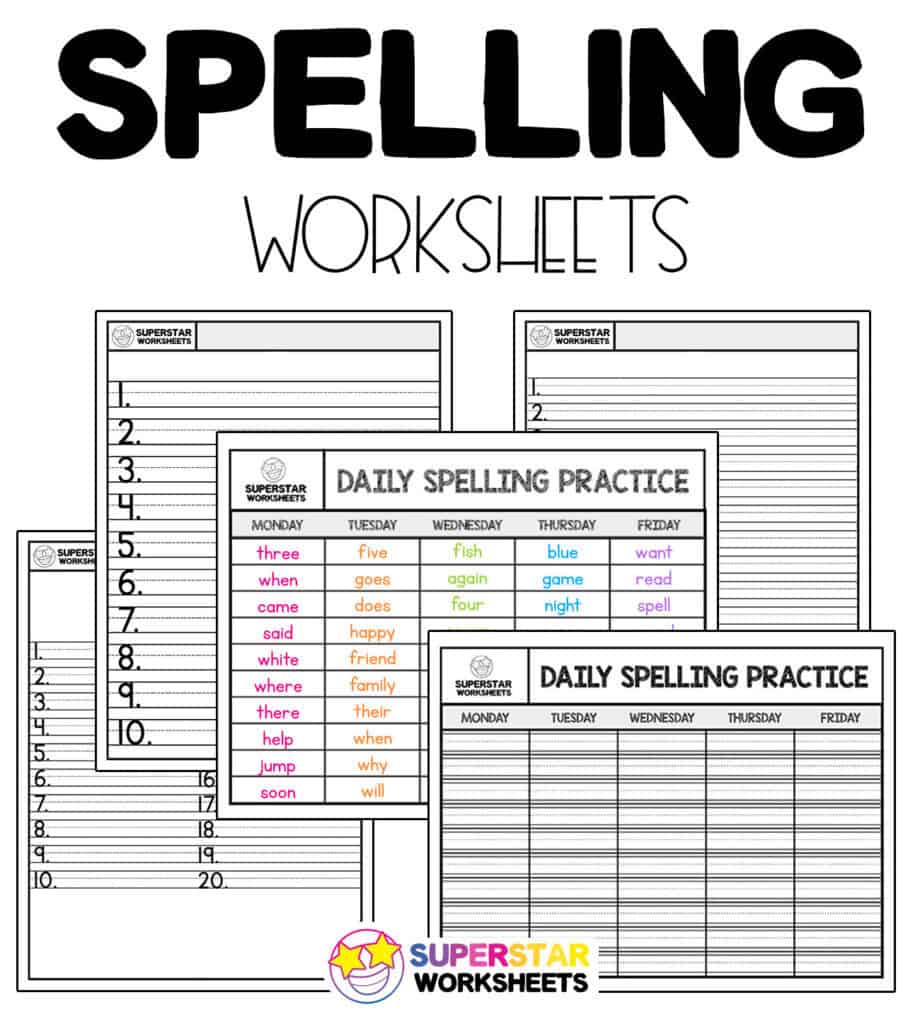
| Word | Write the Word | Use the Word in a Sentence | Draw a Picture |
|---|---|---|---|
| Cat | _______________ | _______________ | _______________ |
| Dog | _______________ | _______________ | _______________ |
| House | _______________ | _______________ | _______________ |
📝 Note: You can customize this worksheet to fit your students' needs and skill levels.
Conclusion
Creating spelling worksheets that are engaging and effective requires careful planning and consideration of your students’ needs. By following these steps and including fun and interactive elements, you can create worksheets that will make learning fun and interactive for your students.
What is the best way to create a spelling list?
+The best way to create a spelling list is to use a variety of sources, such as grade-level spelling lists, thematic lists, and word families.
How can I make my spelling worksheet more engaging?
+You can make your spelling worksheet more engaging by adding fun and interactive elements, such as images, games, and puzzles.
What are some common mistakes to avoid when creating a spelling worksheet?
+Some common mistakes to avoid when creating a spelling worksheet include making it too easy or too difficult, not providing feedback, and not including a variety of activities.
